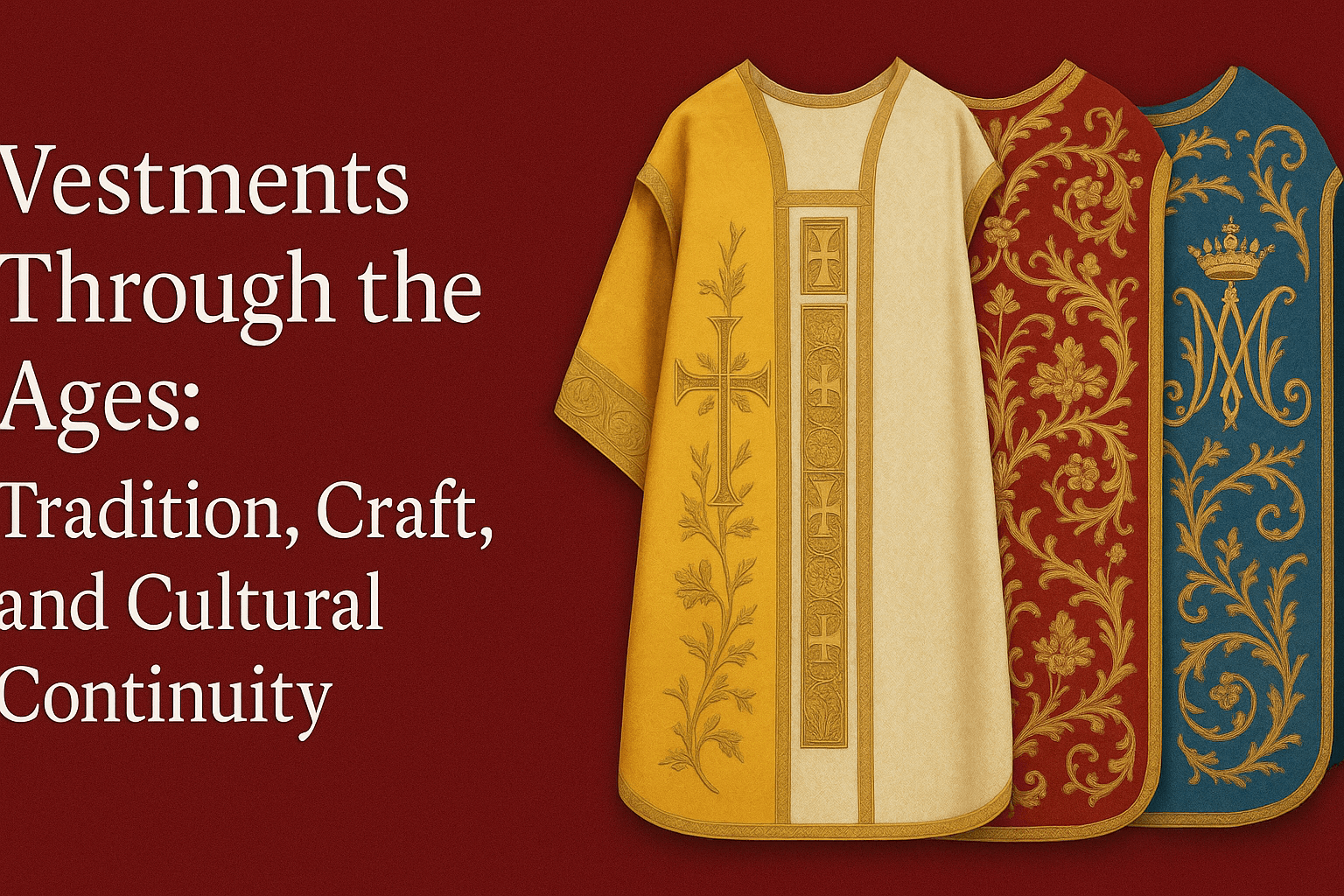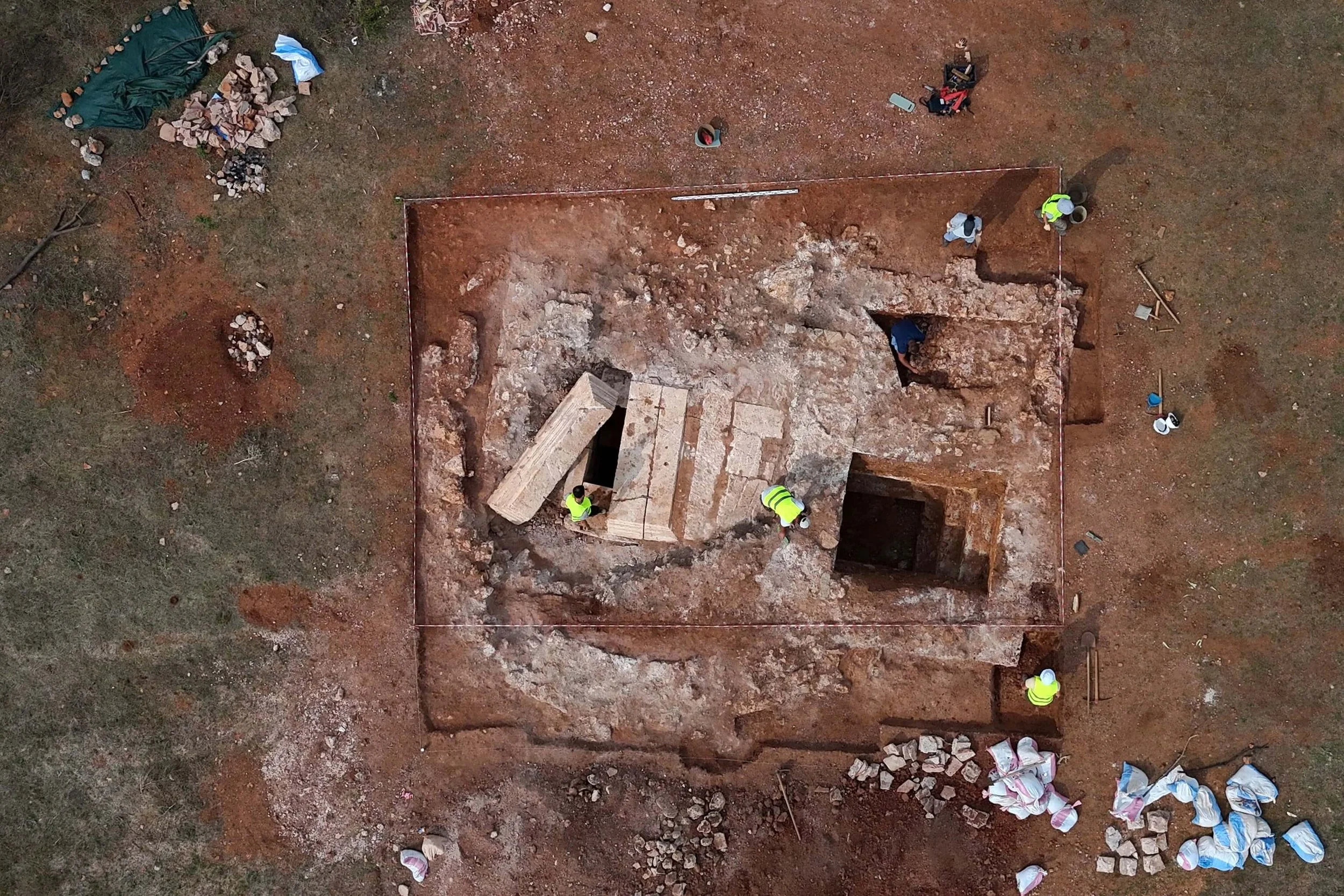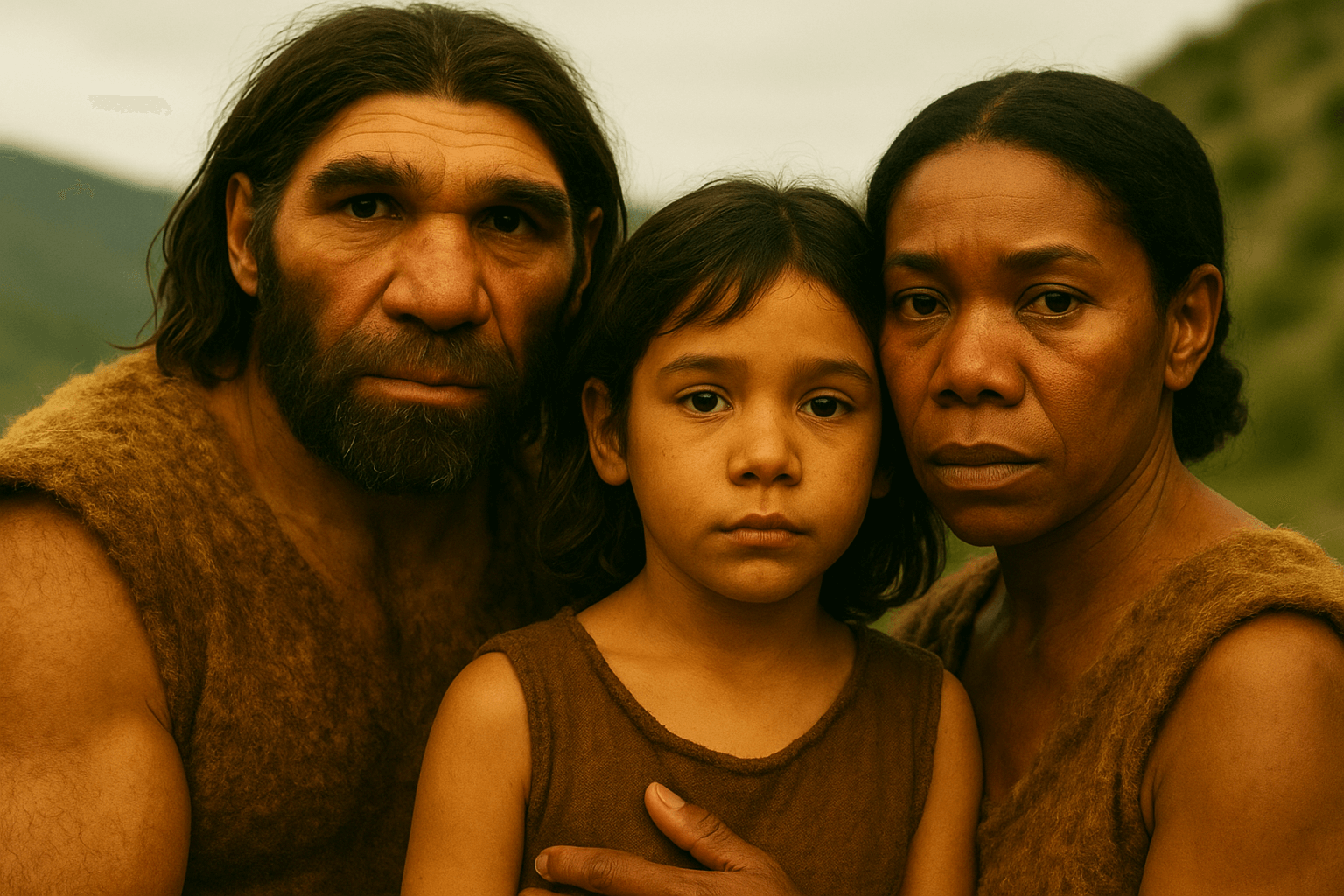He is considered the greatest classical Greek philosopher and one of the founders of Western philosophy. Socrates was the son of the Athenian Sophroniscus and Phainarete. When he grew up, like most young people of that time, he followed the profession of his father, who was a stonemason. Thus, Socrates turned to sculpture. In his philosophical research, Socrates analyzed questions of society, politics and even religion. Gradually, he gained fame and, consequently "followers", as his "lessons" were held in all parts of the city. His contribution to philosophy was so great that he became a "landmark of the ages", since all philosophers before him were called "pre-Socratics"”
Socrates, who lived up to his name, went down in history not only for his words, but left a strong legacy for the future of philosophy. This was a generation of disciples who spread, developed, and even challenged his words. The Athenians, Plato and Antisthenes, Euclid, Megareus, Phaedon of Ilia, and many others were the next "generation" of philosophers who further developed philosophy and founded philosophical schools in many parts of Greece. But there came a time when his city, Athens, felt that the great philosopher was corrupting the youth with his analyses and leading them to question the gods and the institutions. Thus, he was put on trial. In this trial, the Athenians sentenced Socrates to death and forced him to drink hemlock. But strange as it may seem to us, given the greatness of this man, this trial was perfectly legal and perhaps not so unjust. Despite the urging of his students to flee, Socrates eventually accepts the charge, dies, and remains in history.
Below are 20 wise words to remember:
"The only true wisdom is knowing that you know nothing."
"Life is not worth living if it is not dedicated to a purpose.”
"There is only one good, knowledge, and one evil, ignorance."
"I cannot teach anyone anything. I can only teach him to think.”
"Be kind, every person you meet is fighting a hard battle."
"Great minds discuss ideas, mediocre minds discuss facts, weak minds discuss others."
"If you marry a good woman, you will be happy. If you marry a bad woman, you will become a philosopher."
“If you are not happy with what you have, you will not be happy with what you would like to have.”
"Sometimes we build walls not to keep people out, but to see who cares enough to tear them down."
"The beginning of wisdom is seeking."
"To find yourself, you have to think for yourself.”
"Education is the kindling of a flame, not the filling of a vessel.”
"Know thyself"
"If you want to change the world, you must first change yourself.”
"The secret of happiness is not in wanting more, but in developing the ability to be satisfied with as little as possible.”
"The secret of change is to focus all one's energy not on fighting the old, but on building the new.”
"I am neither an Athenian nor a Greek, but a citizen of the world.”
"Prefer knowledge to wealth, for the one is transitory, the other perpetual.”
"Understanding the question is half the answer"
"True wisdom comes to each of us when we realize how little we know about life, ourselves, and the world around us.”







